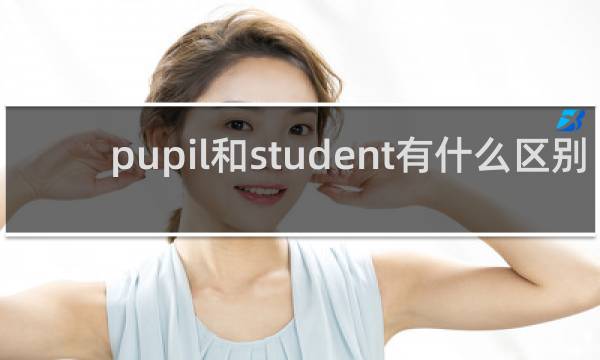pupil和student有什么区别

Introduction
As an English learner, you might have encountered the words "pupil" and "student" and wondered what exactly is the difference between the two. In this article, we will discuss the definition, usage, and nuances of these two words.
Definition of Pupil
Pupil refers to a young person, usually a child, who is being taught in a school or college. The term "pupil" is more commonly used in British English and is often associated with primary and secondary education. Pupil can also refer to the aperture in the eye through which light passes.
Definition of Student
Student, on the other hand, refers to a person who is studying at a higher education level, such as a college or university. It can also be used more broadly to refer to anyone who is learning, regardless of age or formal education level. Unlike "pupil", the term "student" is more commonly used in American English.
Usage Differences
Generally speaking, "pupil" is exclusively used to refer to those studying in primary and secondary education, while "student" is used to refer to those in higher education. However, "student" can also encompass those in primary and secondary education, whereas "pupil" is not used to refer to those in higher education.
Nuances in Meaning
There are also slight nuances in meaning when using these two words. For example, "pupil" often carries connotations of being under the direct supervision and guidance of a teacher. It emphasizes the role of the teacher as the primary educator and the pupil as the passive receiver of knowledge. In contrast, "student" emphasizes the active pursuit of knowledge and development of skills. It can also imply a greater level of independence in learning.
Conclusion
In summary, "pupil" and "student" both refer to individuals who are in the process of learning. The main difference lies in the level of education and the nuances in meaning associated with each word. Regardless of which term you use, it's important to remember that education is a lifelong process that does not end with formal schooling.



